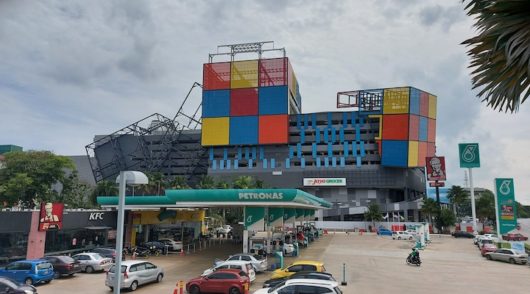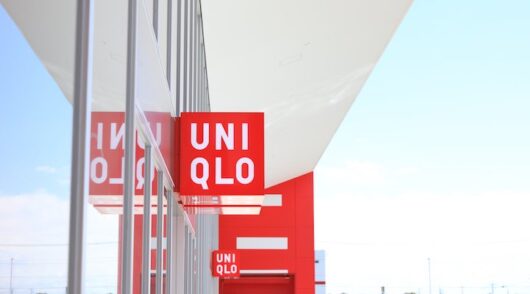The future of the Victoria’s Secret China business is under review as the lingerie retailer moves to permanently close 250 more US stores in a bid to right size and restore profits.
Parent L Brands revealed a 37-per-cent slump in first-quarter sales to US$1.65 billion, with revenue from Victoria’s Secret down 45.6 per cent, in part due to store closures. However sales at its Bath & Body Works business fell by a more modest 18.1 per cent, largely due to increased sales of sanitiser and soaps during the Covid-19 lockdown and a strong online performance.
Subsequent to releasing the results, the company said in an analysts’ briefing that it was “evaluating strategic alternatives to reduce or eliminate losses in the UK and China”.
No further comment was made with regard to the Victoria’s Secret China business, however there were indications last year that Victoria’s Secret may phase out its large-format flagship stores. By nature the generally loss-making flagships like the four-storey one in Hong Kong’s Causeway Bay exist to market the brand name, driving broader regional sales.
L Brands’ overall first-quarter sales slump is largely in line with the performance of other US-base chains, who suffered from stores being closed during the Covid-19 pandemic. While online sales rose at the peak of the lockdowns, it was by no means enough to replace physical sales. However the figures for Bath & Body Works covered up the dismal performance of Victoria’s Secret.
L Brands reported a $317.7 million operating loss for the quarter and an adjusted net loss of $296.9 million.
Neil Saunders, MD at GlobalData Retail, said Victoria’s Secret has been a brand in decline for many years.
“It went into this crisis in a weakened state and will emerge even more enfeebled. The sale of a large stake to Sycamore provided a potential route out of the ongoing funk in that it would inject some new management and thinking, but now that deal is off the future looks much more uncertain.”
Saunders said the performance of Bath & Body Works was a strong result reflecting the brand’s popularity and its loyal customer base.
“Before the crisis, sales in stores were up 20 per cent on a comparable basis – a function of strong traffic and some excellent growth in home fragrance. When stores were closed, consumers turned to the online channel to get products, helping push direct sales up by 85 per cent over the quarter.”
Saunders said there is a question mark over the future of Victoria’s Secret in general. “The company is sizable in sales terms, but it lacks any real sense of direction or positive momentum. That needs to be quickly corrected if L Brands wants to attract new partners and investors and, indeed, if the brand is to have a sustainable future.”
Meanwhile, Credit Suisse analyst Michael Binetti, was skeptical of the company’s ability to turn Victoria’s Secret around or prepare it for spinning off. He told Retail Dive that cost management plans – including store closures – put forward by management to analysts did not include enough evidence to reassure investors of Limited Brands’ ability or timing to effect a separation of Victoria’s Secret.






